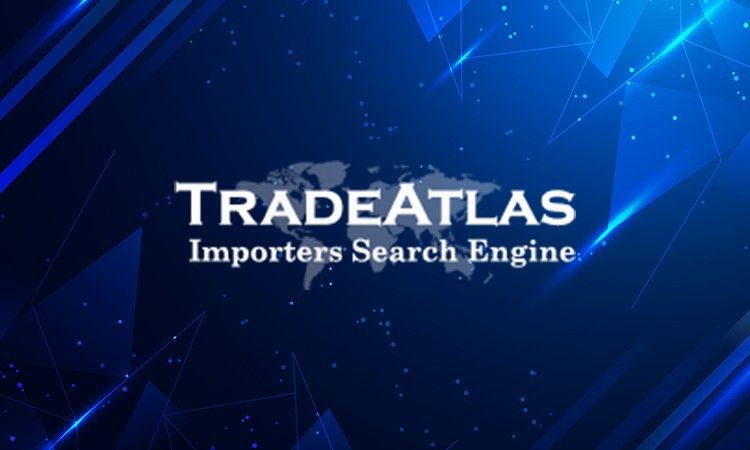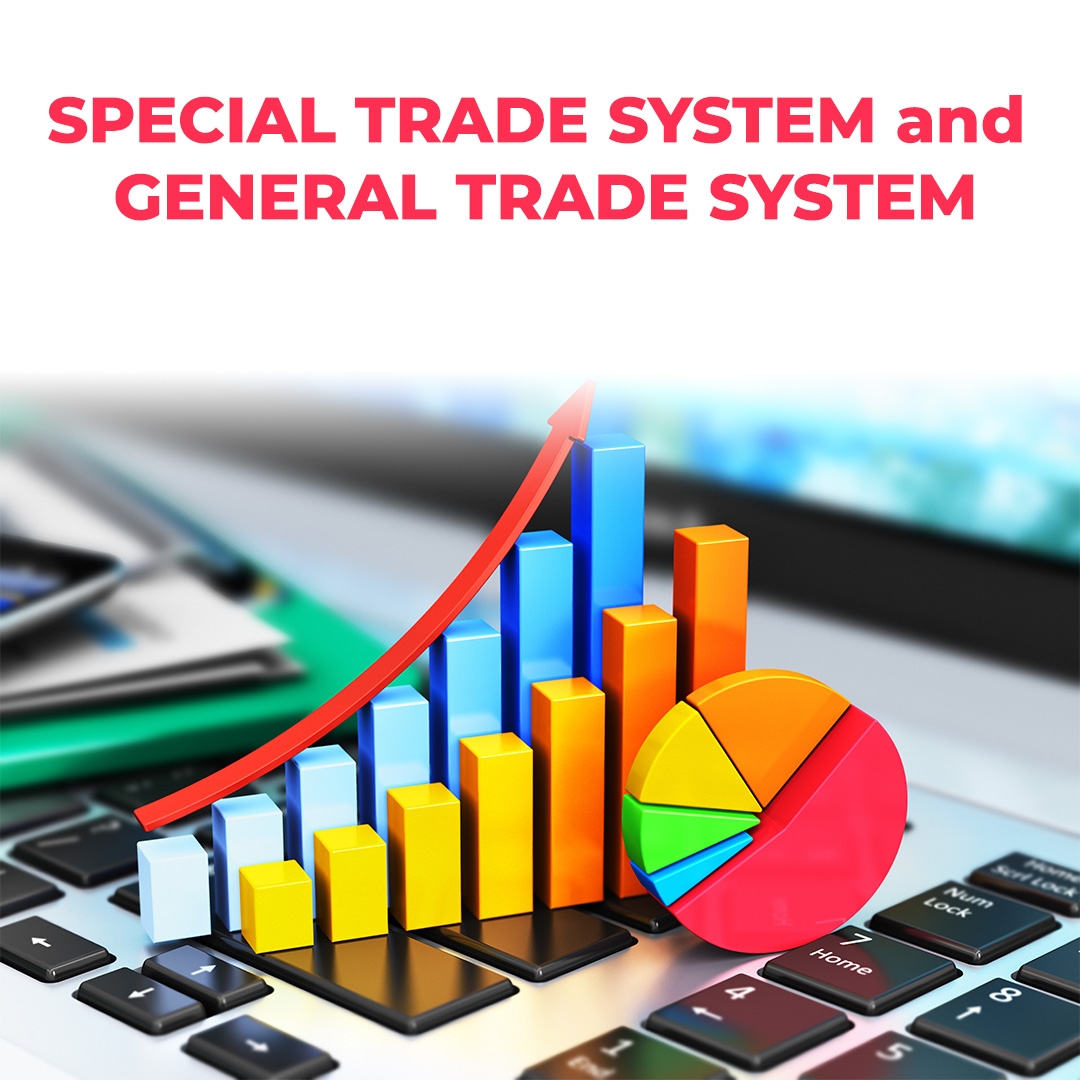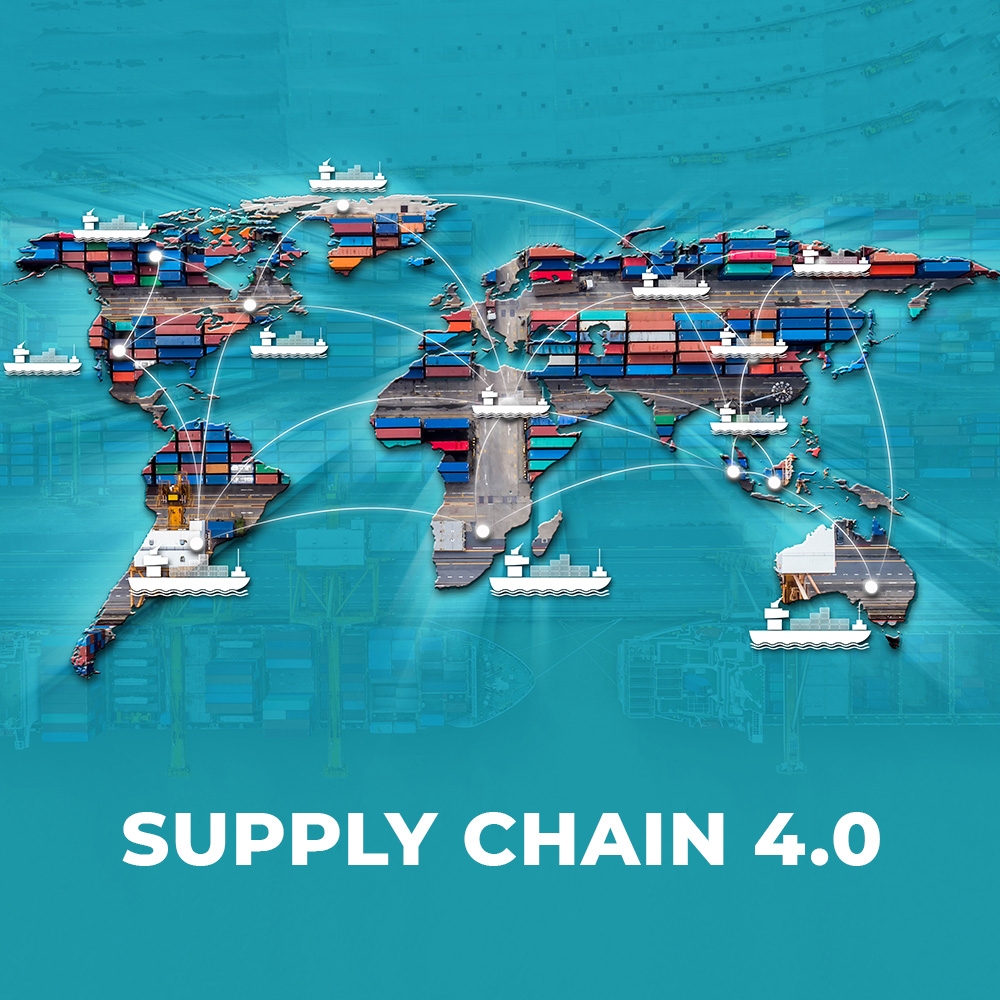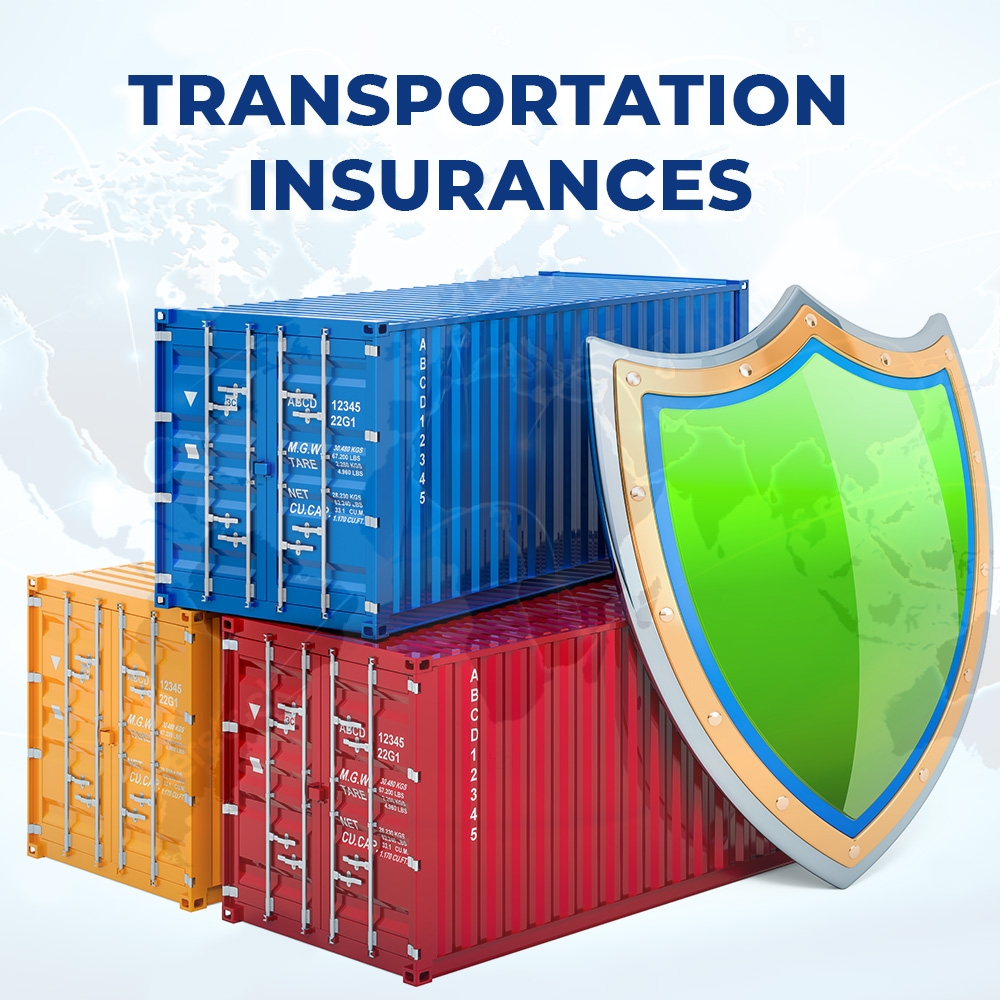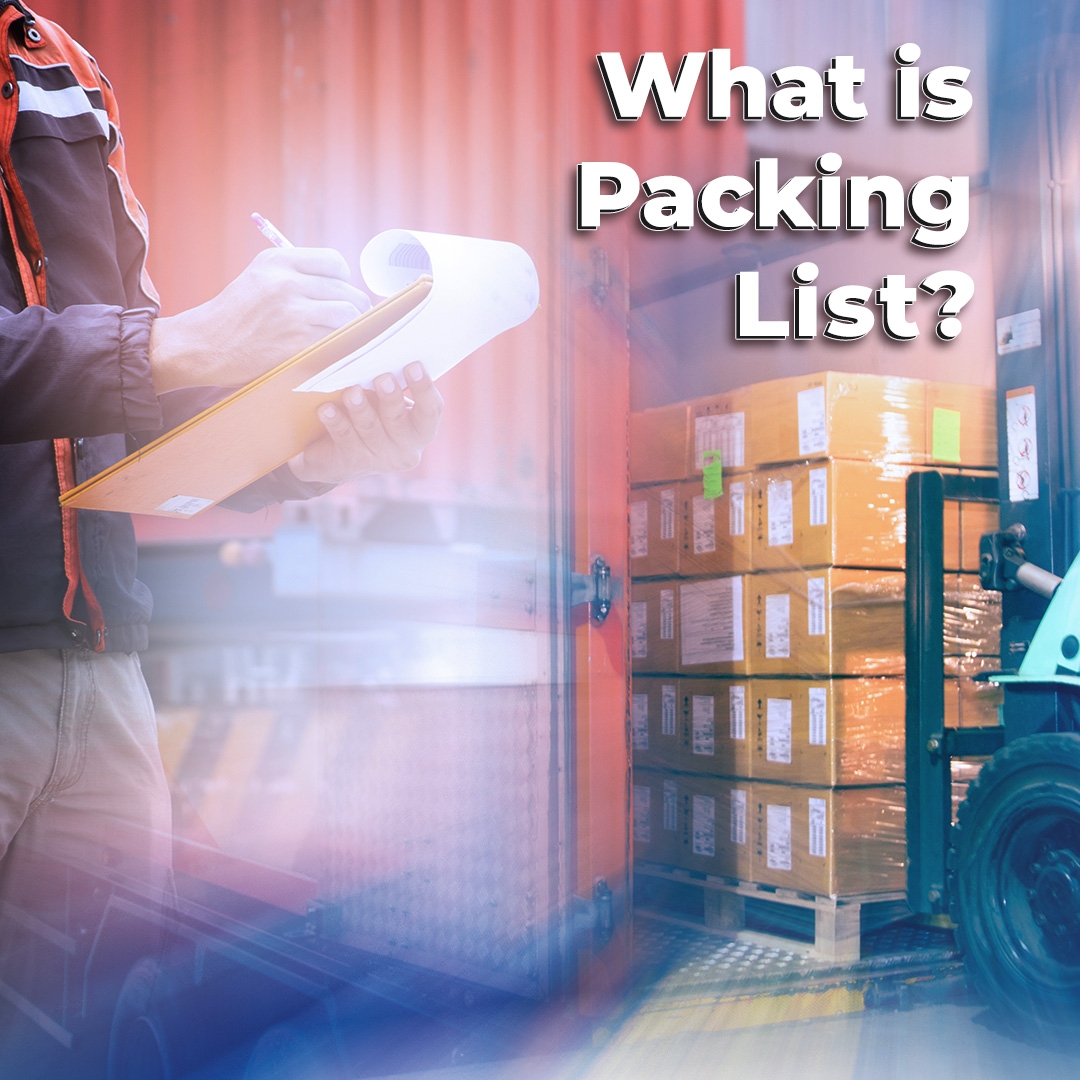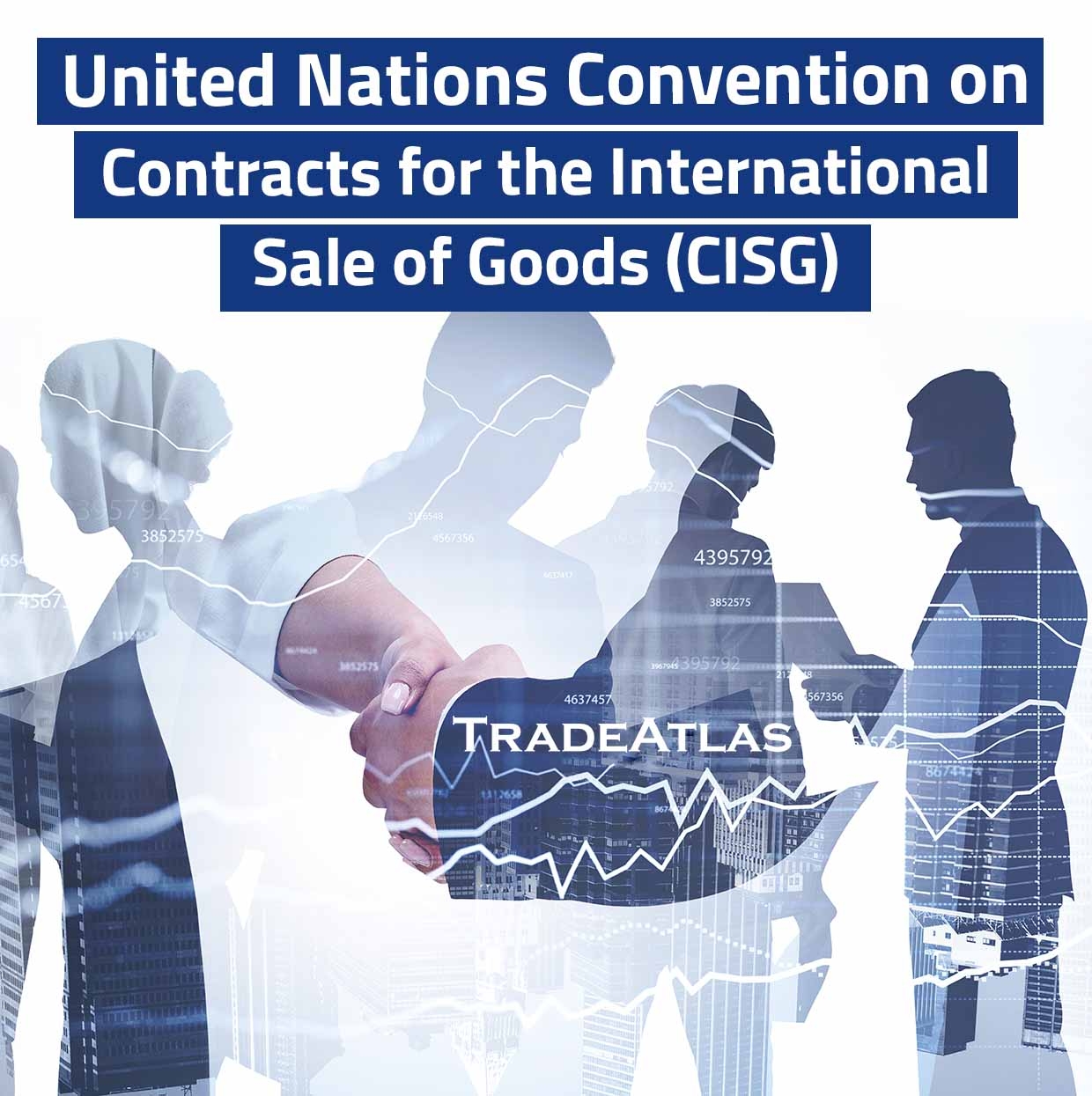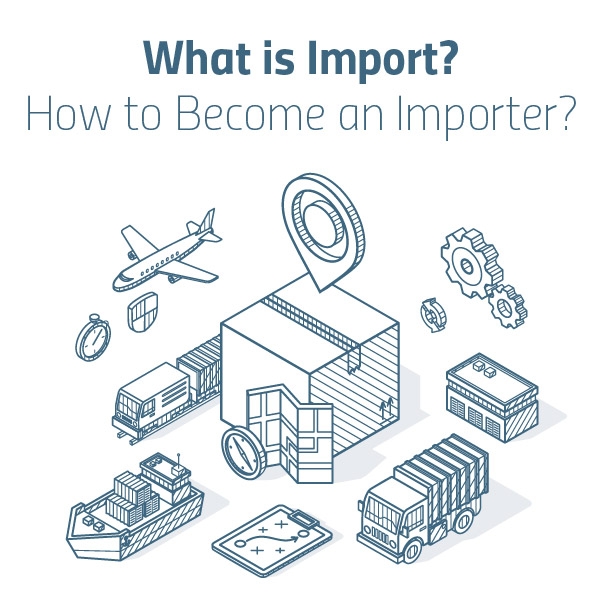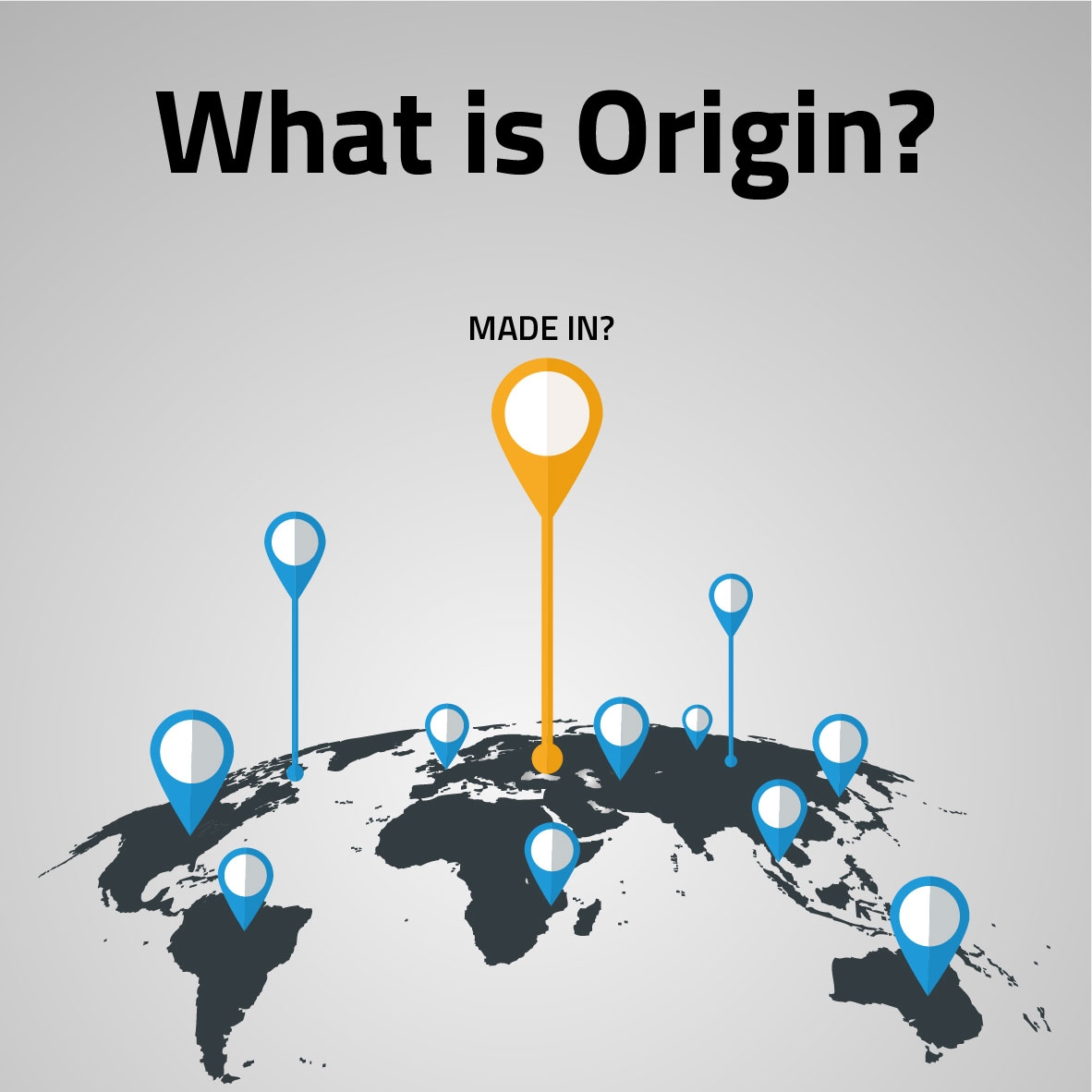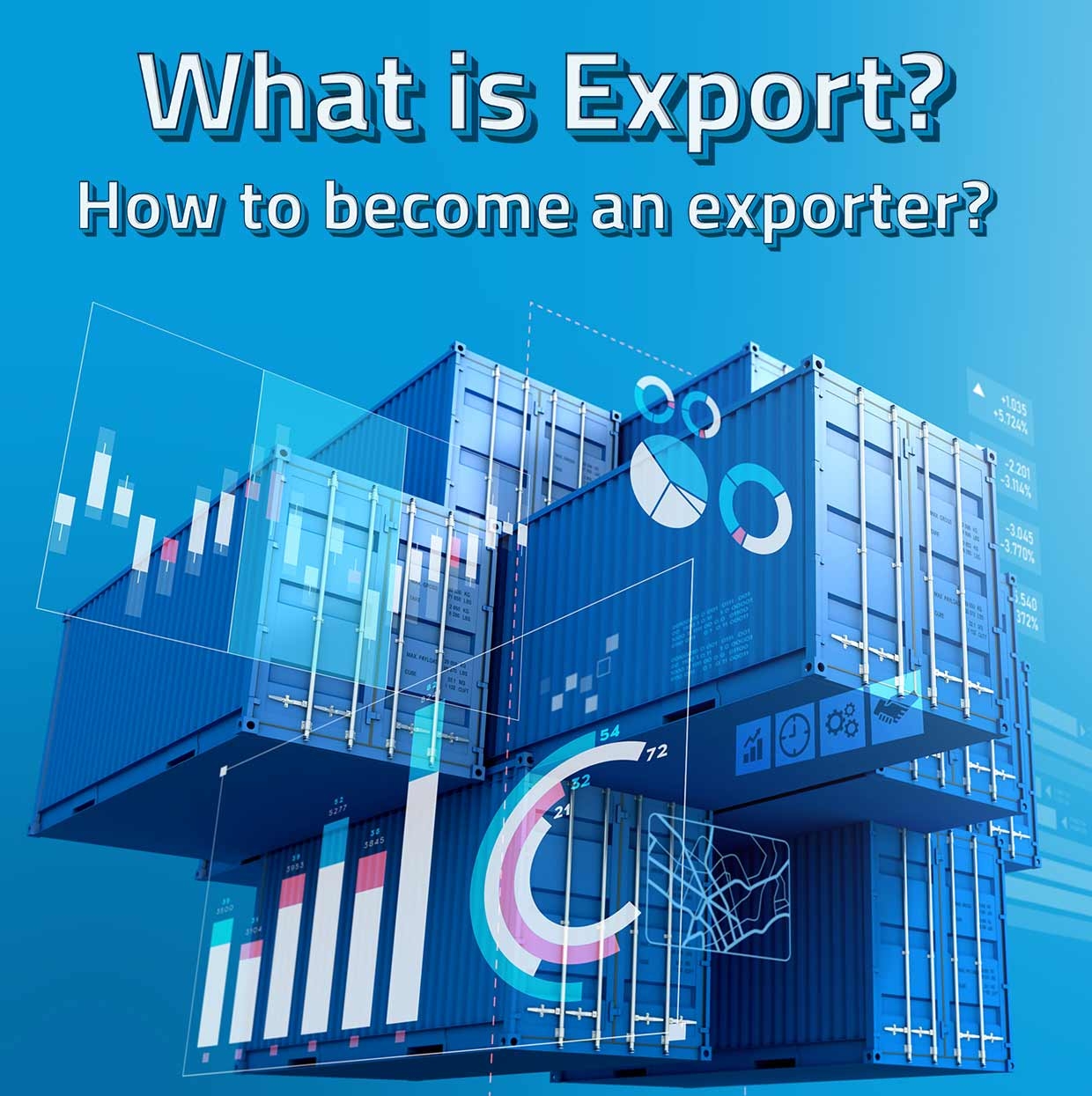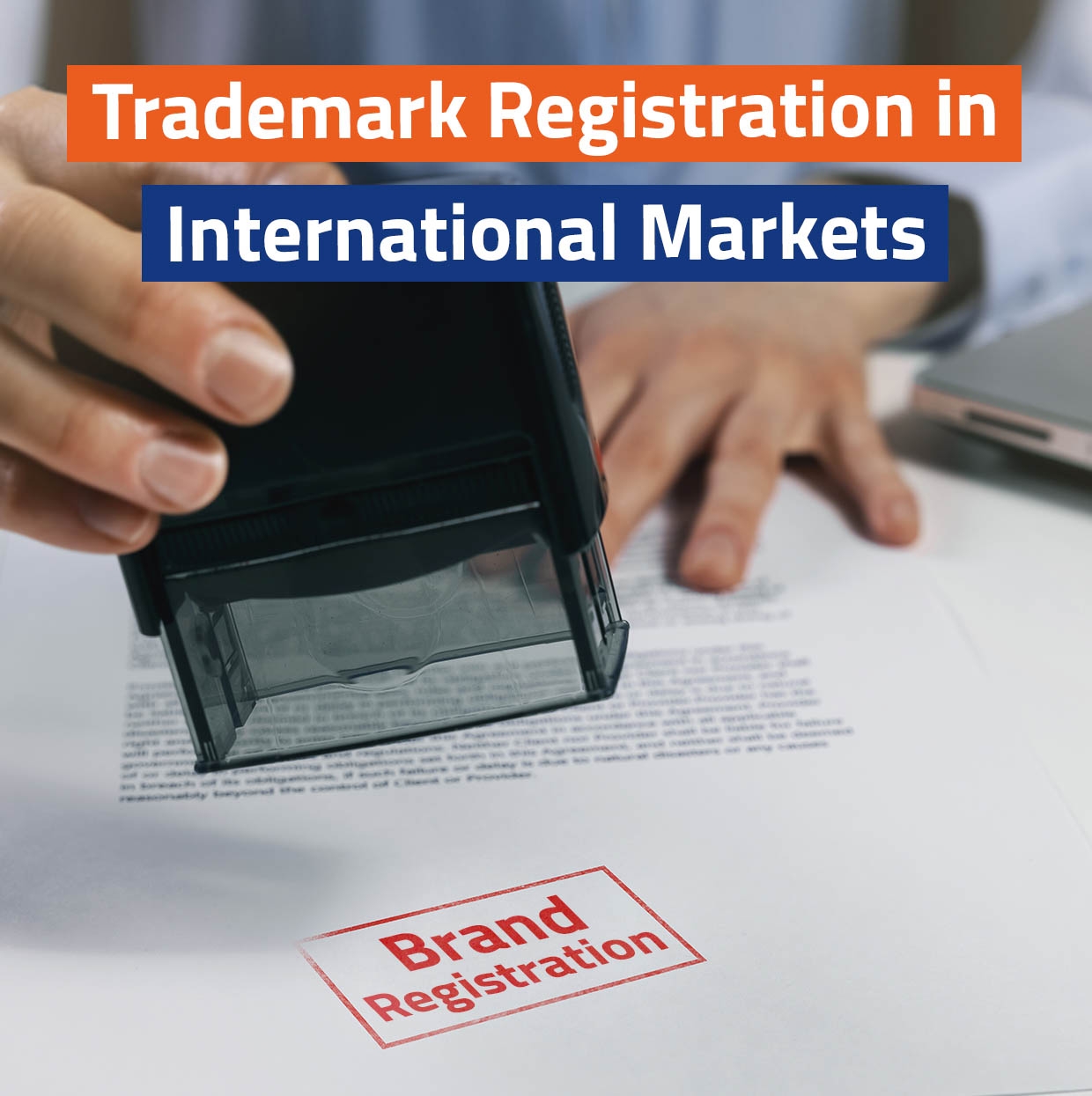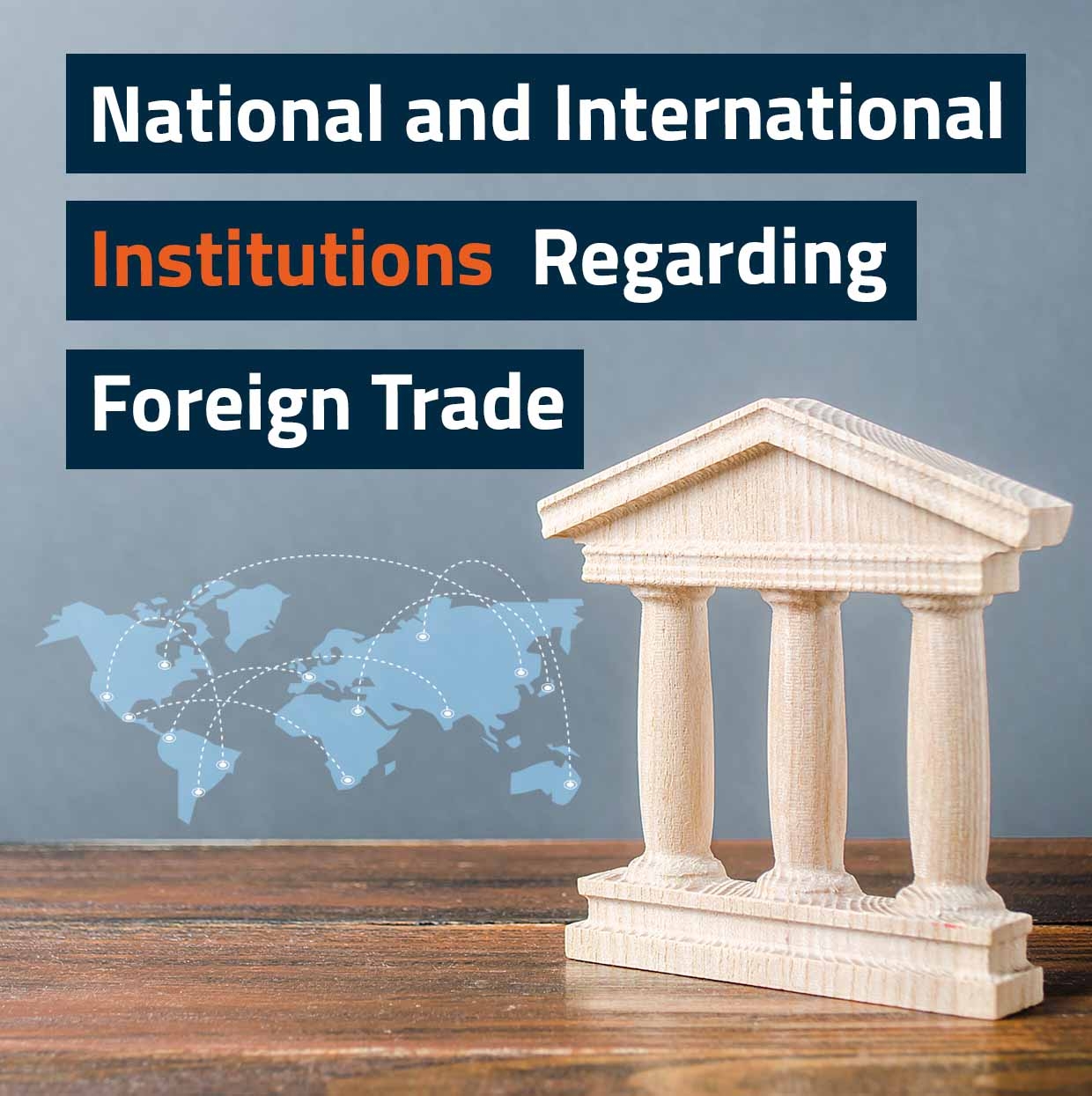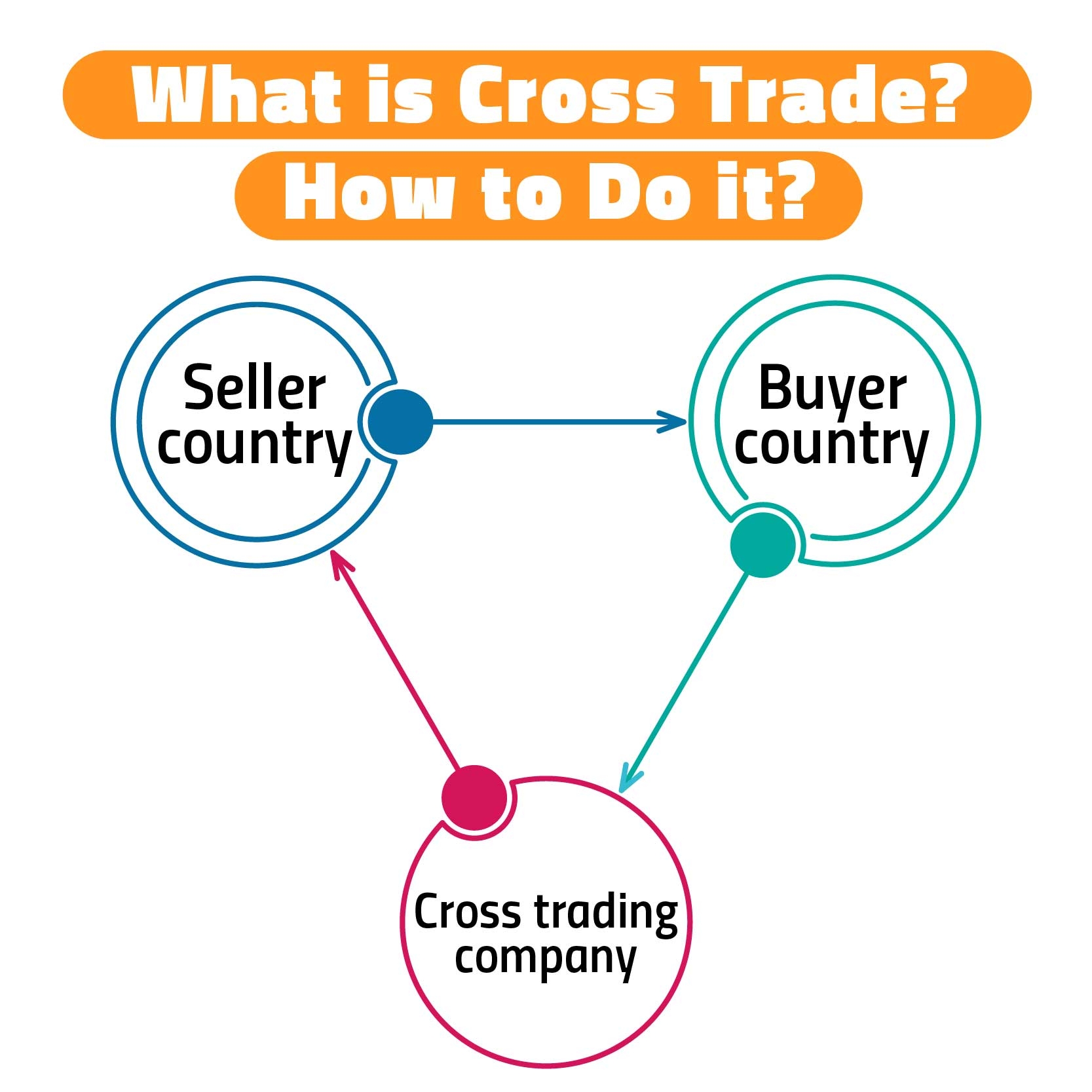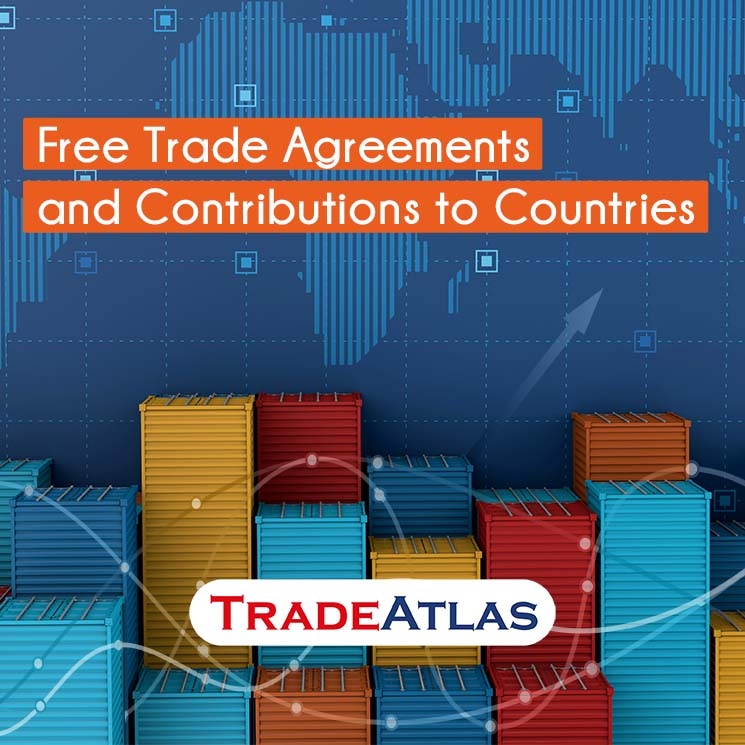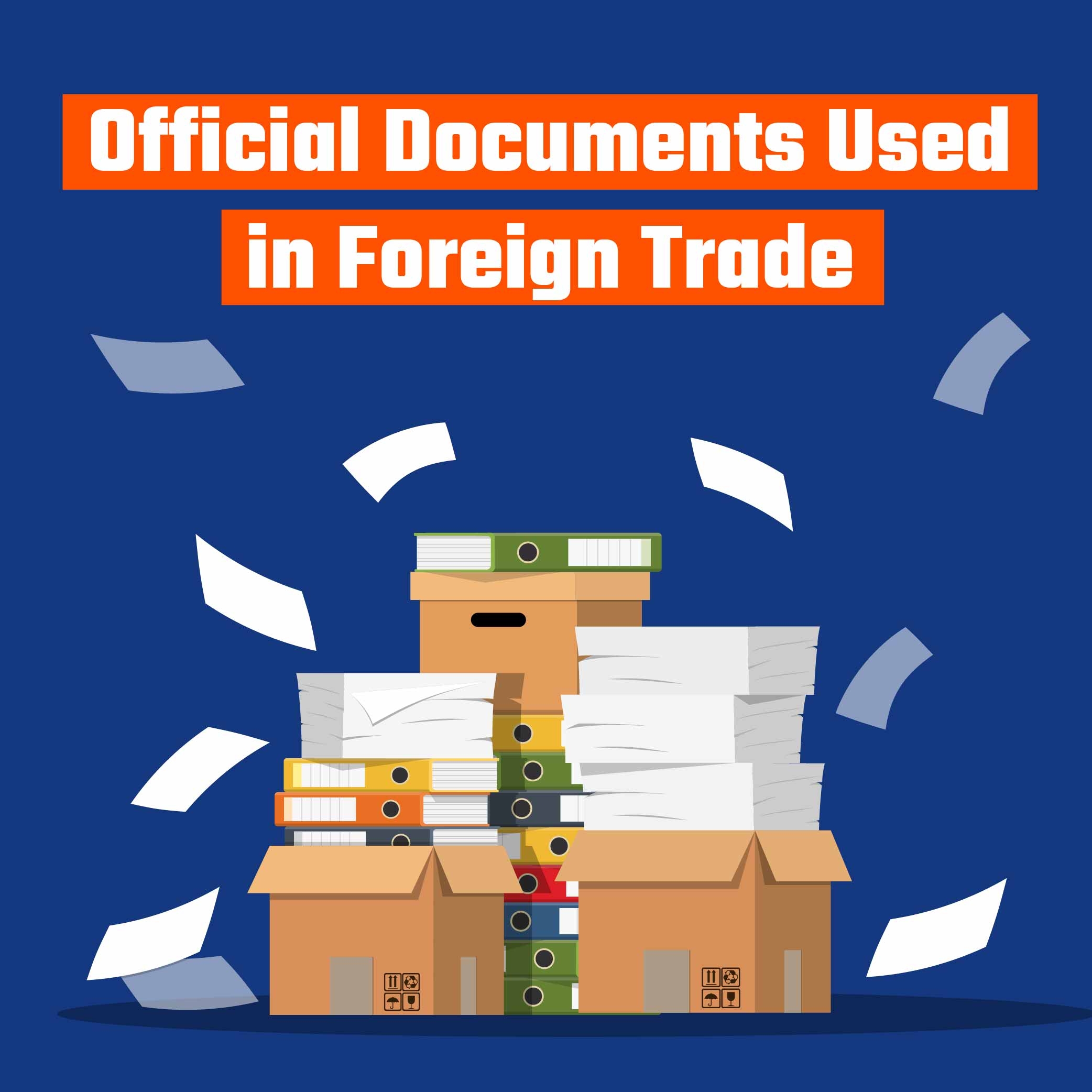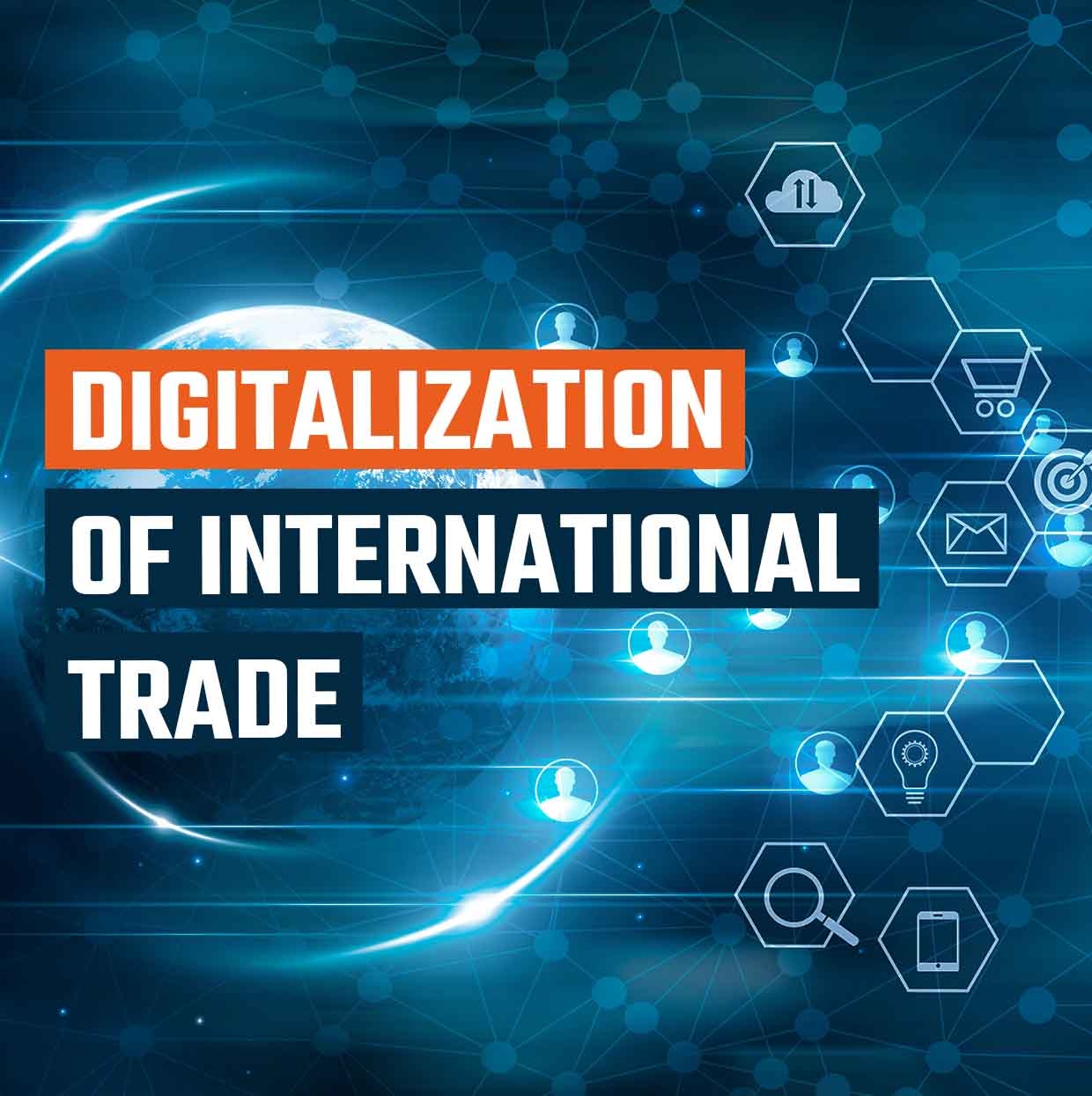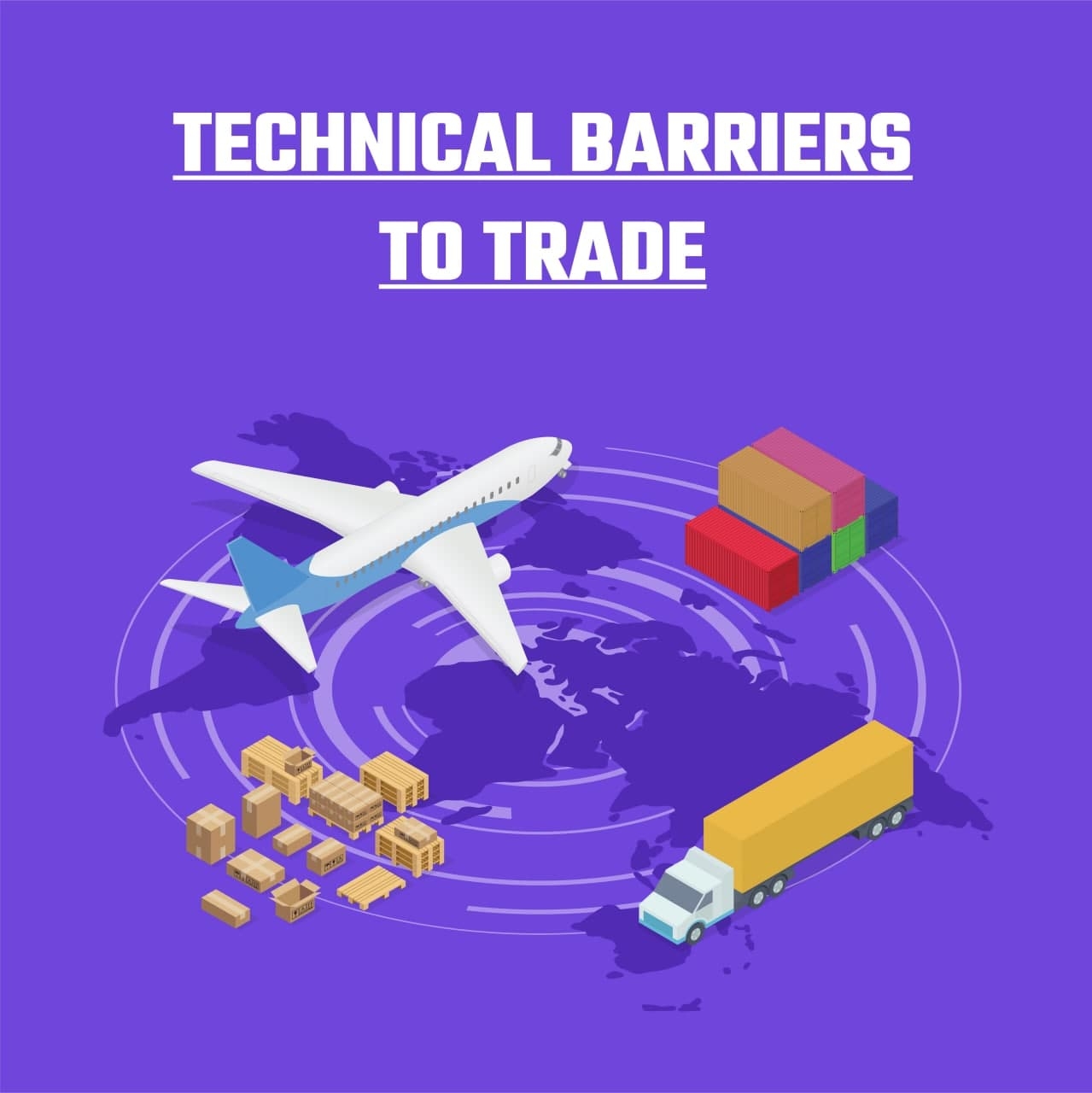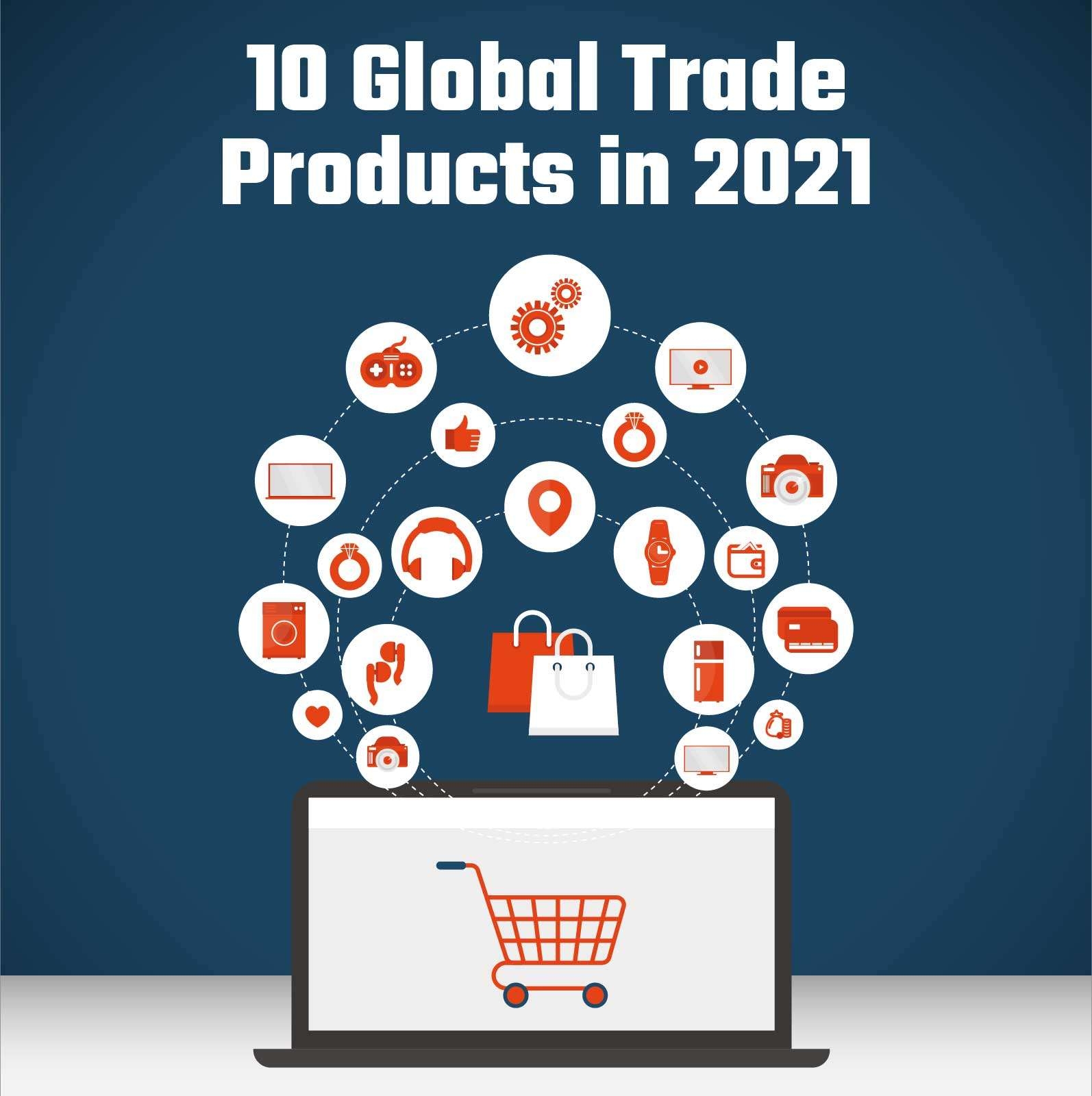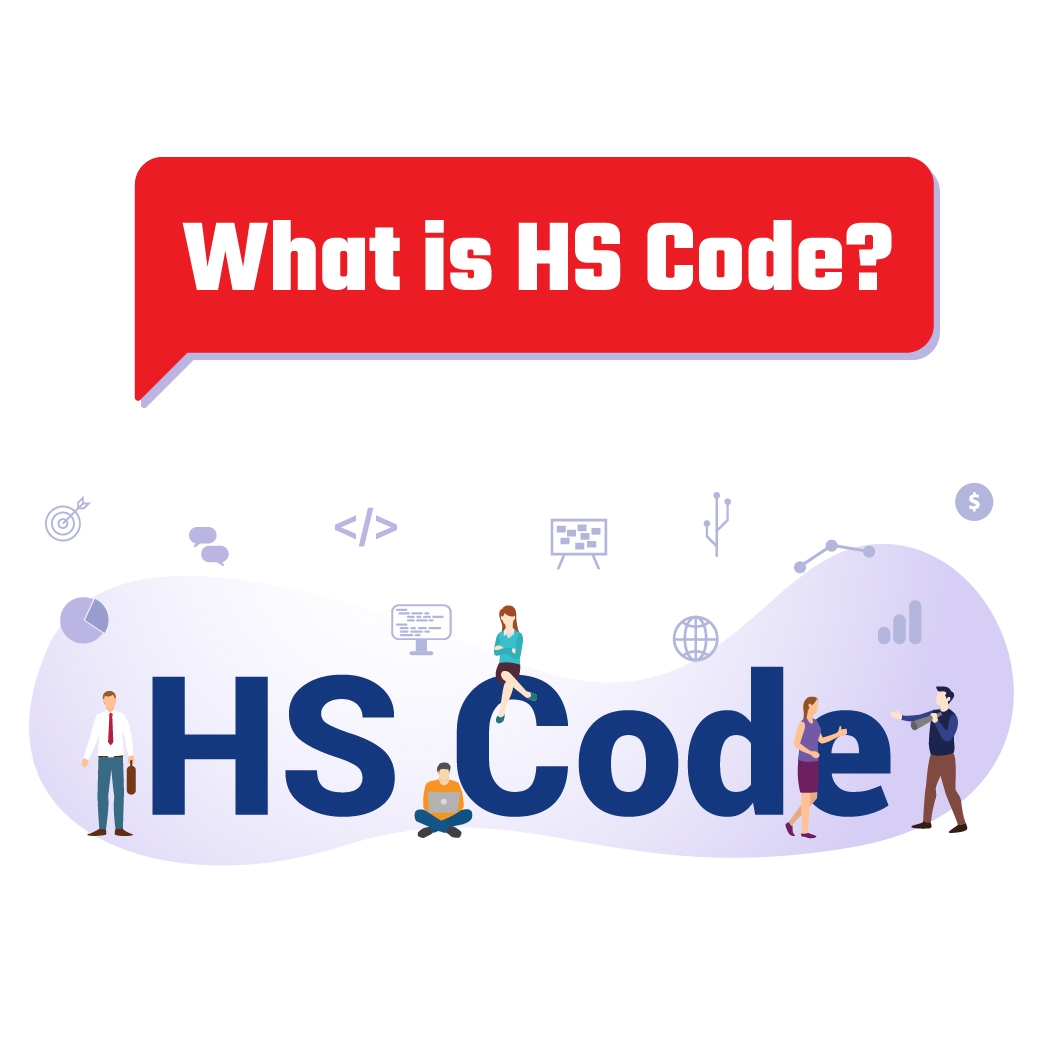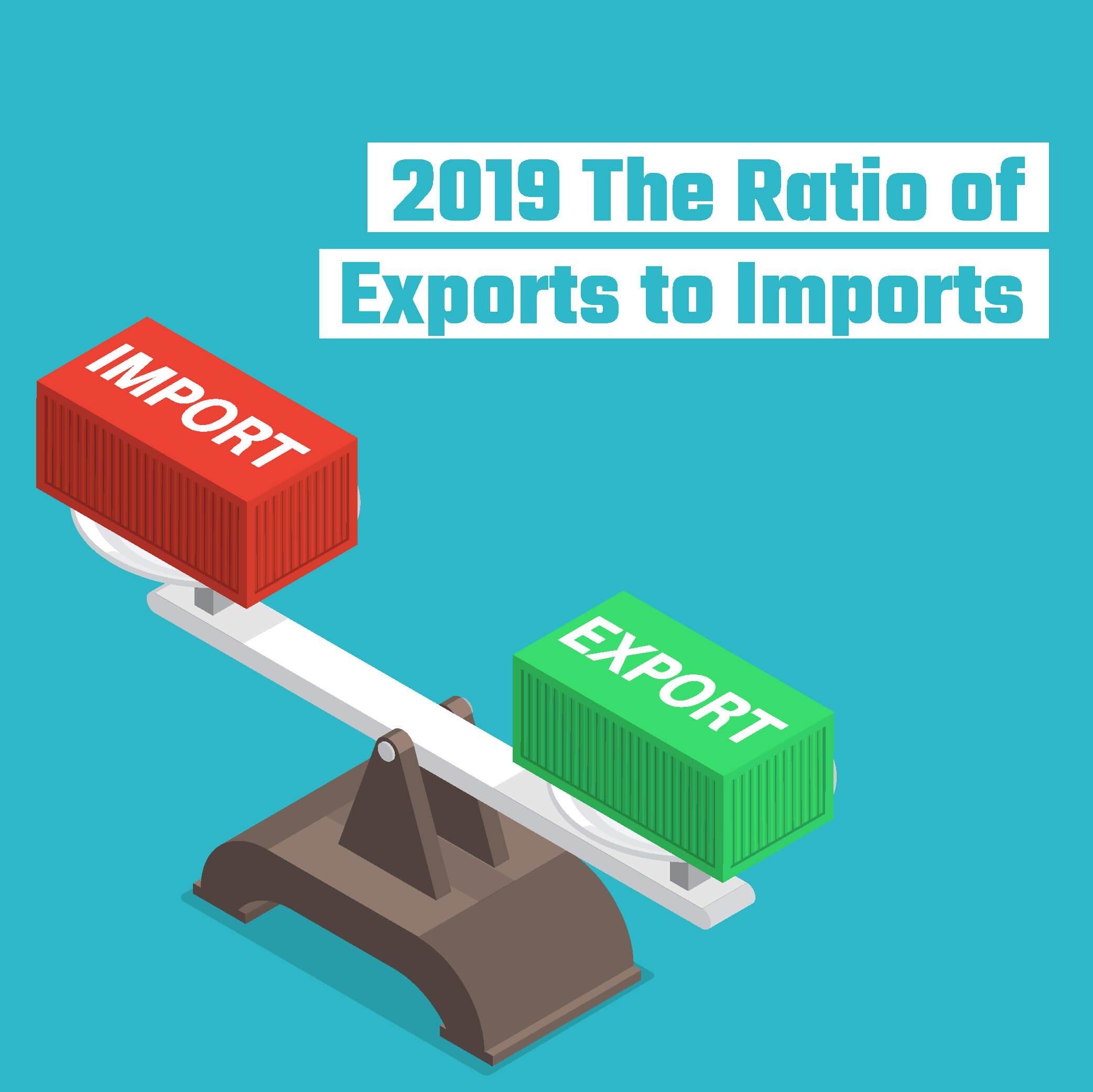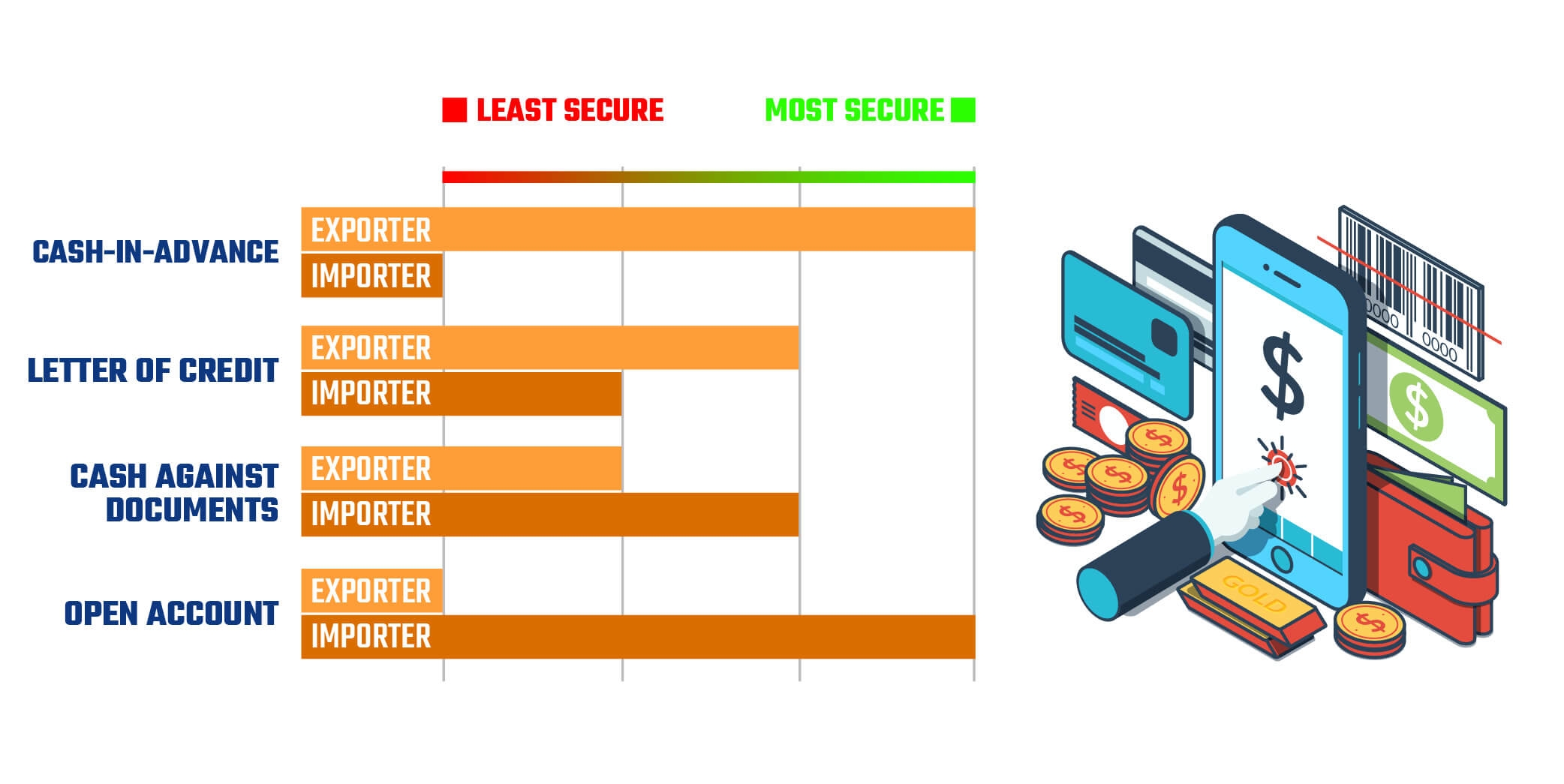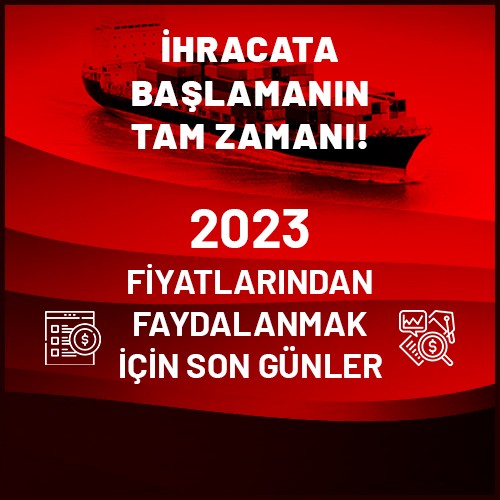Countries
in the world have differentiated from each other in terms of language, culture
and religion over time as a result of geographical distances and limited
transportation facilities. In the field of trade, the situation has not
followed a different path than this, but with the widespread use of the
internet today, Trade Atlas categorizes millions of intelligence data collected
from all over the world and presents them to users which in a way facilitates
trade activities. For this reason, it is aimed that some trade concepts have an
international standard in order to facilitate commercial transactions. A step
in this direction was taken for the first time in 1936 and INCOTERMS was
published by the International
Chamber of Commerce (ICC). INCOTERMS has
been updated in 1963, 1967, 1976, 1980, 1990 and 2000, 2010 and 2020 and today
INCOTERMS 2020 is valid.
What is the meaning of
INCOTERMS?
INCOTERMS
are the delivery methods determined by the International Chamber of Commerce.
INCOTERMS are only the rules regarding the delivery method, for example, it
does not determine the payment method. It does not completely regulate the
relationship between the importer and the exporter. INCOTERMS are codes that
regulate the obligations to deliver and receive goods, the sharing of costs in
transportation, the moment of transition of damage and benefit, and whether
there is an obligation to take out insurance. In international trade, importers
and exporters determine the details of the delivery type by referring to one of
the delivery methods defined by INCOTERMS. These details include who will pay
the shipping and insurance costs, when the benefits and damage will pass to the
importer, where the goods will be delivered, etc. contains information. In this
way, conflicts that may occur during the commercial activity process are
prevented. Delivery forms in INCOTERMS are the following:
Delivery Methods Used for All Transport Types
EXW - Ex Works: All costs and risks are borne by the
importer. The delivery of the goods is made to a point determined by the
exporter.
FCA - Free Carrier: In this type of trade, export
formalities and domestic shipping costs up to the specified location belong to
the seller. The buyer is responsible for shipping after the designated location
and import formalities in the receiving country.
CPT - Carriage Paid To: It means that the seller
pays the freight for the goods to be transported to the agreed destination.
When an unexpected situation happens to the goods, the buyer pays the damage
because the goods are in the custody of the carrier.
CIP - Carriage and Insurance Paid To: Delivery with
transportation cost and insurance paid. In addition to the CPT, the exporter is
obliged to take out transport insurance.
DAP - Delivered at Place: It means delivery at the
designated place. The product is delivered in the importer's country and to the
designated address, with all costs paid, except taxes.
DPU - Delivered At Place Unloaded: It is the
delivery of the goods to the buyer after the unloading costs are paid by the
seller at the terminal point determined by the buyer and the seller.
DDP - Delivered Duty Paid: It means delivery with
customs duties paid. Almost all costs are borne by the exporter. All expenses,
including customs clearance in the importing country, up to delivery to the
importer are covered by the exporter.
Delivery Methods Used in Sea and Inland Waters
FAS - Free
Alongside Ship: FAS delivery method is used only for maritime transportation.
It is the delivery of the goods at the dock or at the loading area.
FOB - Free on Board: It means delivery to the ship's
bar. After the goods are loaded on the ship, responsibilities such as
transportation, insurance and cost pass to the importer.
CFR - Cost and Freight: It means delivery with
freight paid. In this delivery method, freight is paid by the exporter and all
remaining costs are paid by the importer.
CIF - Cost, Insurance and Freight: Costs, freight
and insurance paid delivery. It is the delivery of the goods in the importer's
country with all costs covered.
Changes Made with INCOTERM 2020
DAT
- Delivered At Terminal delivery type has been changed to DPU - Delivered At
Place Unloaded. DAT does not differ from DPU in terms of content. The seller
has the condition that the goods are unloaded from the transport vehicle at the
buyer's order without customs clearance.
These
delivery methods described by INCOTERMS provide great convenience to exporters
and importers in the international arena. Thanks to these delivery methods,
standardization has been achieved in the field of trade and the solution of
possible problems has been facilitated.
Trade
Atlas is a global importer and exporter search engine that contains 1.5 billion
bills of lading and shipment data of 17.5 million importer companies in more
than 230 countries around the world. Trade Atlas is with you to accompany you
in taking steps towards becoming a more important part of global trade! To be a
part of the global ecosystem, you can register and search for free by clicking here.


